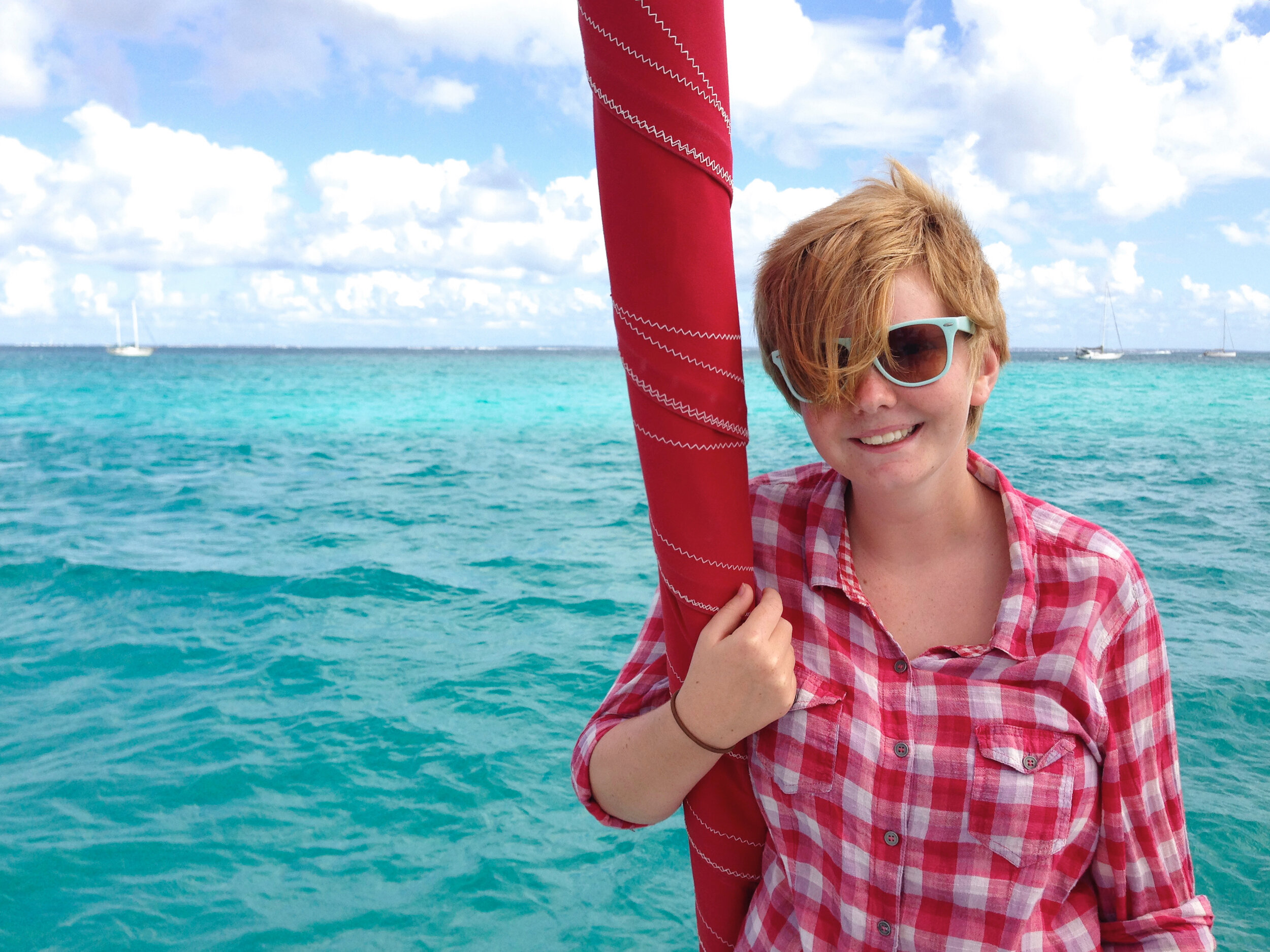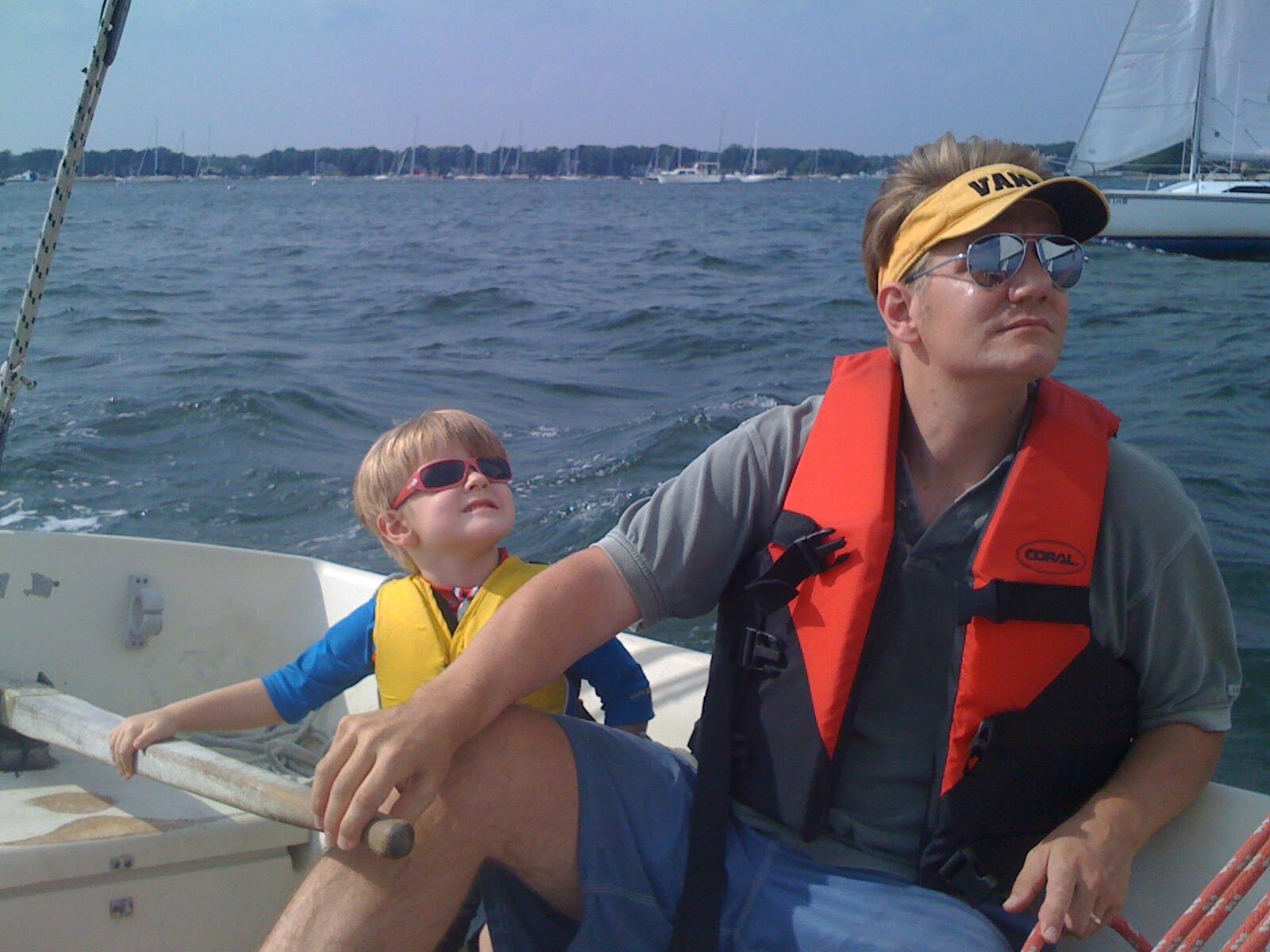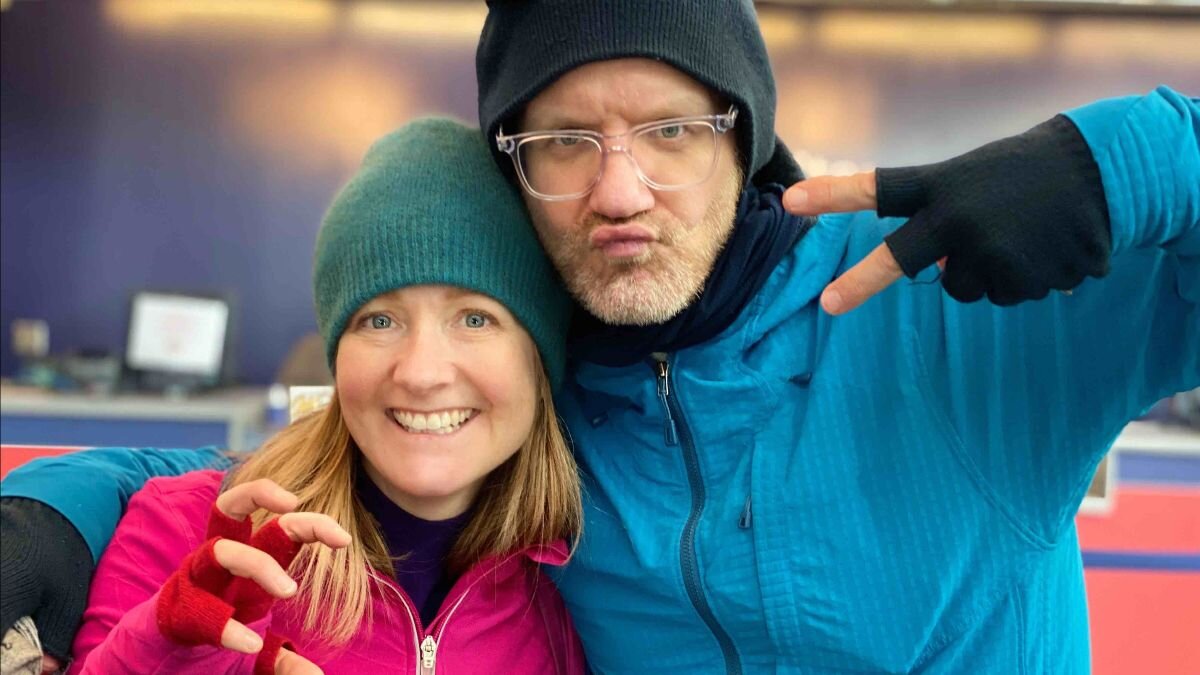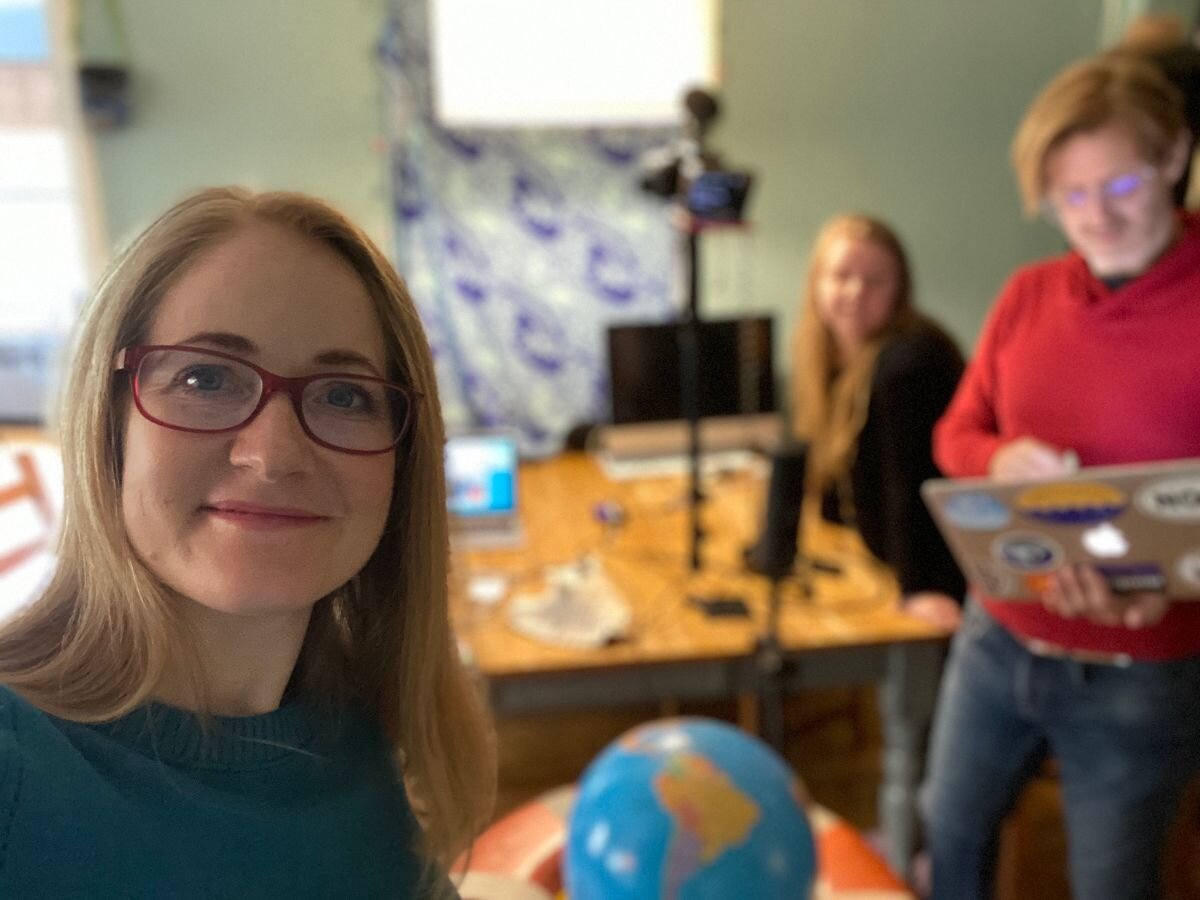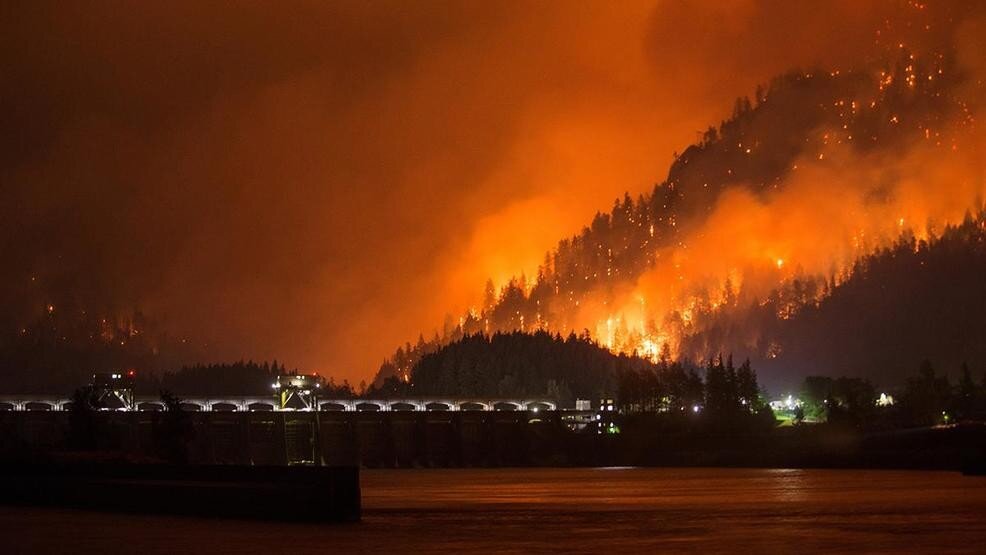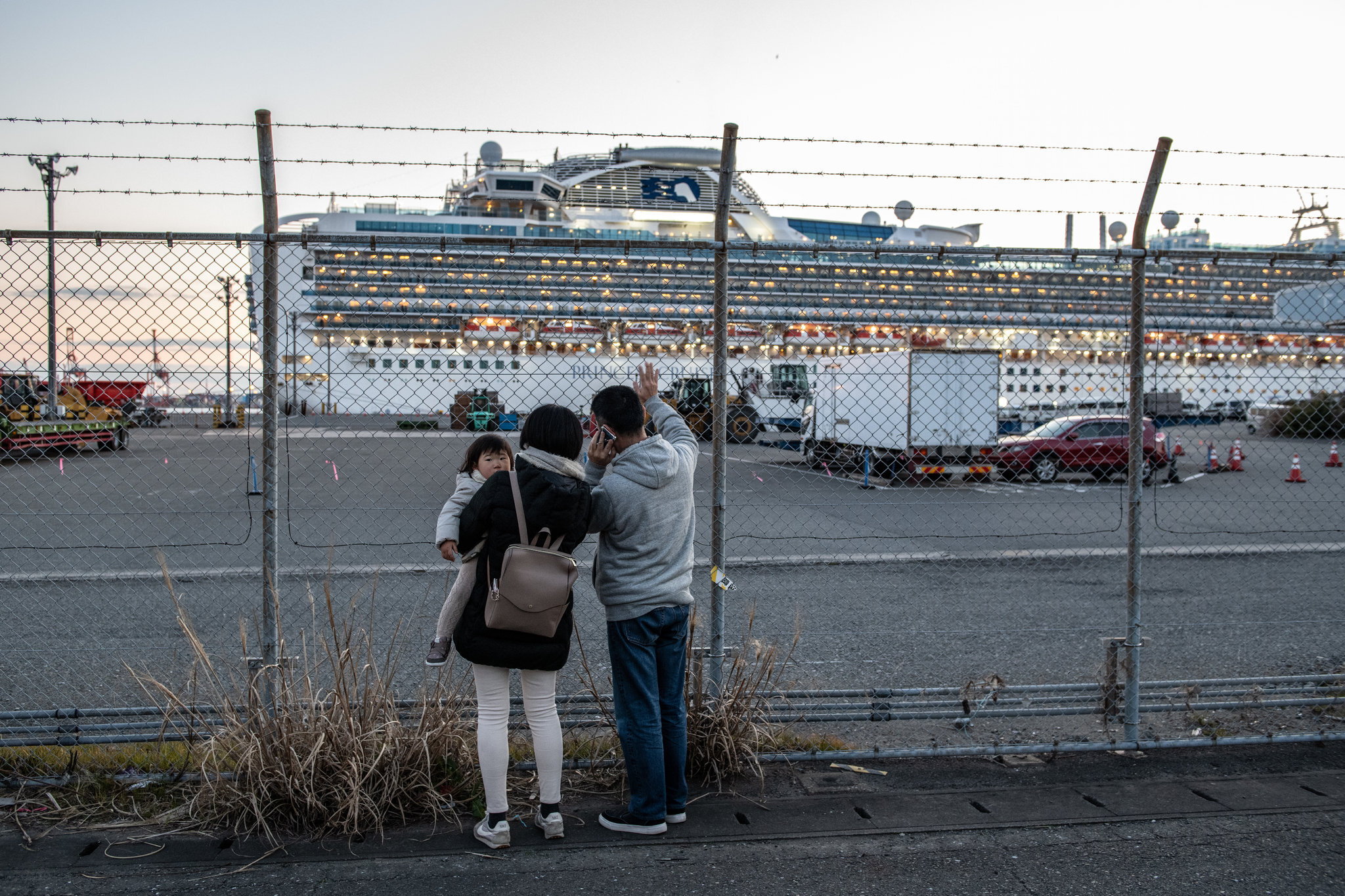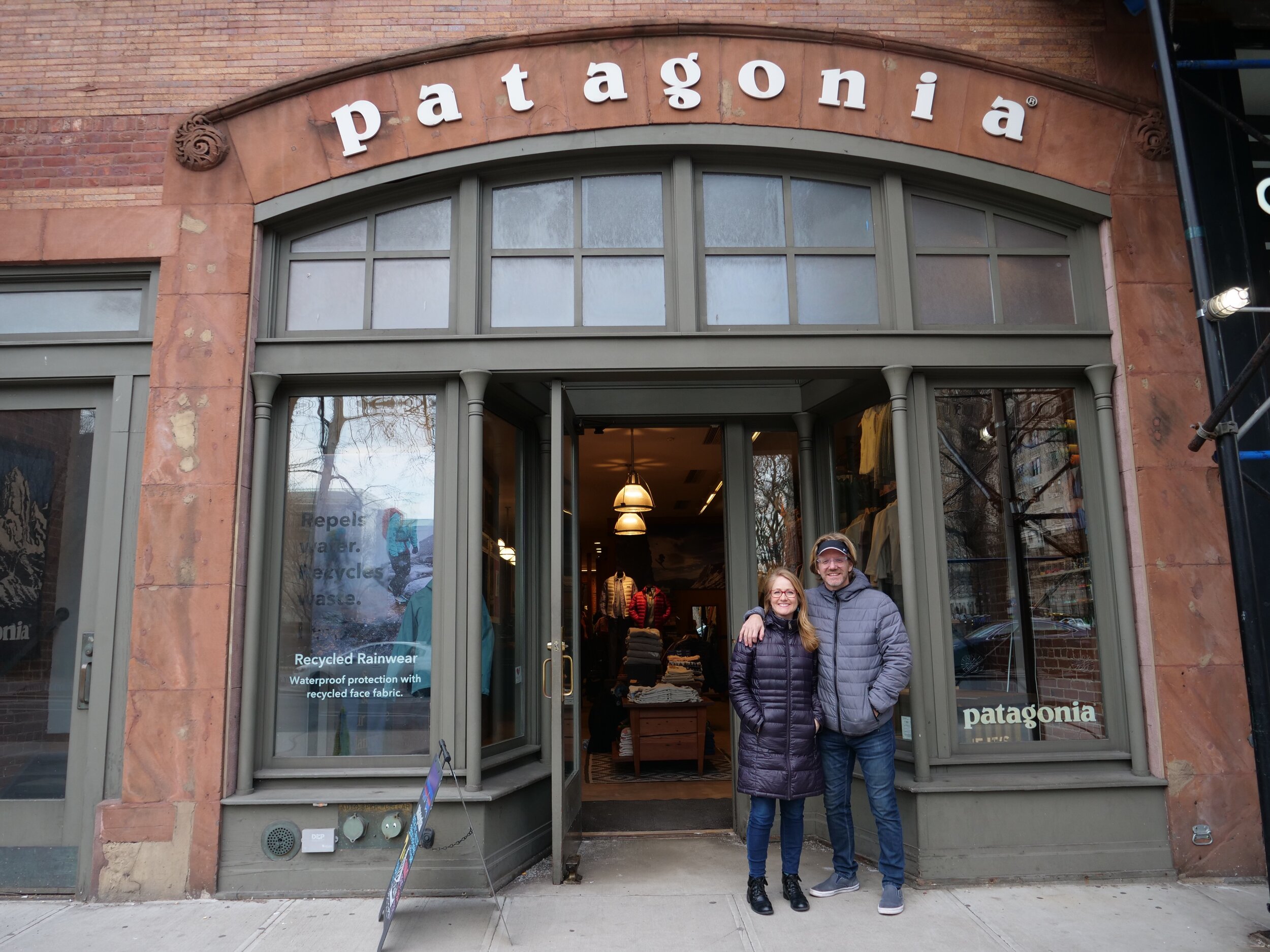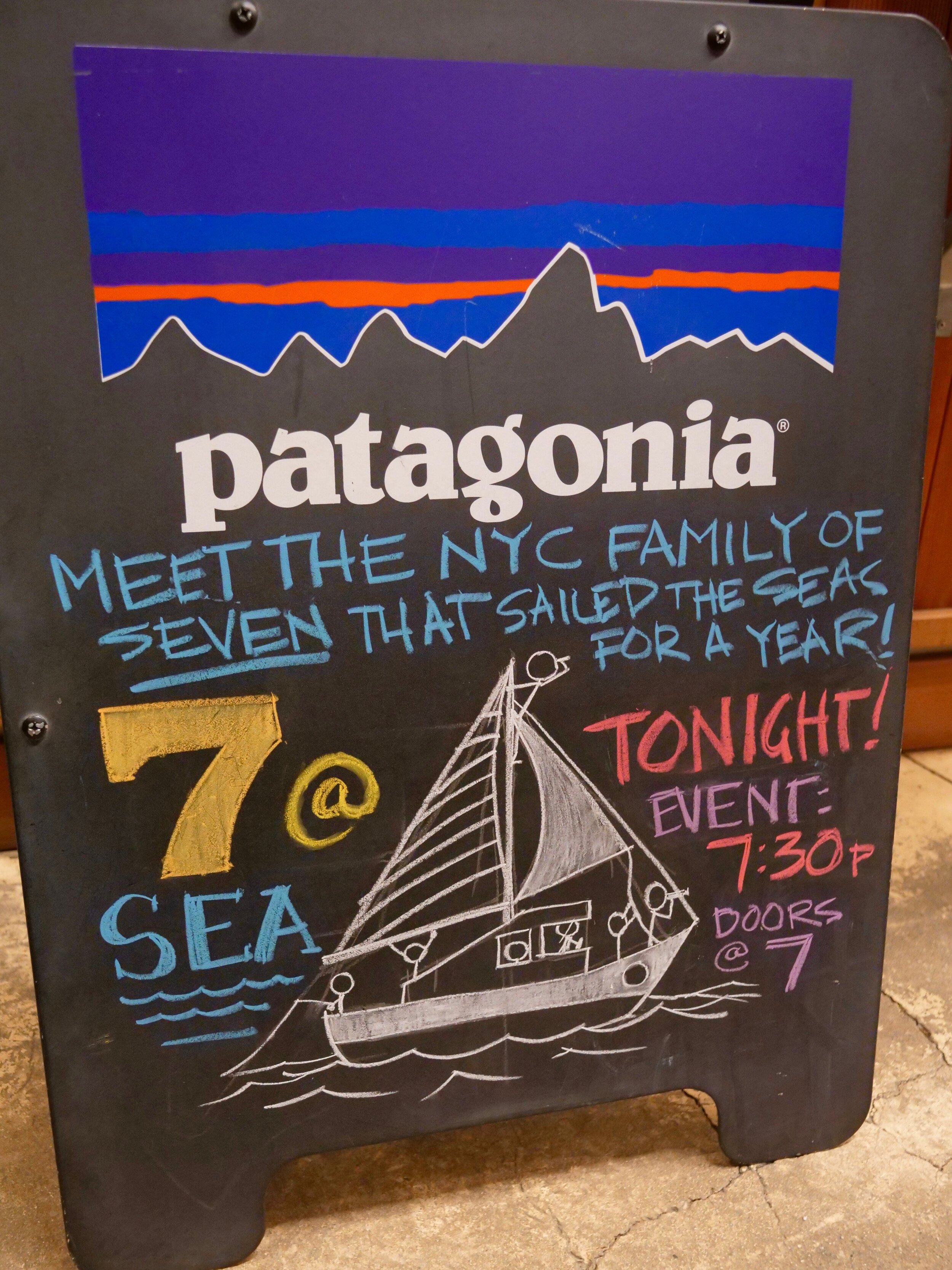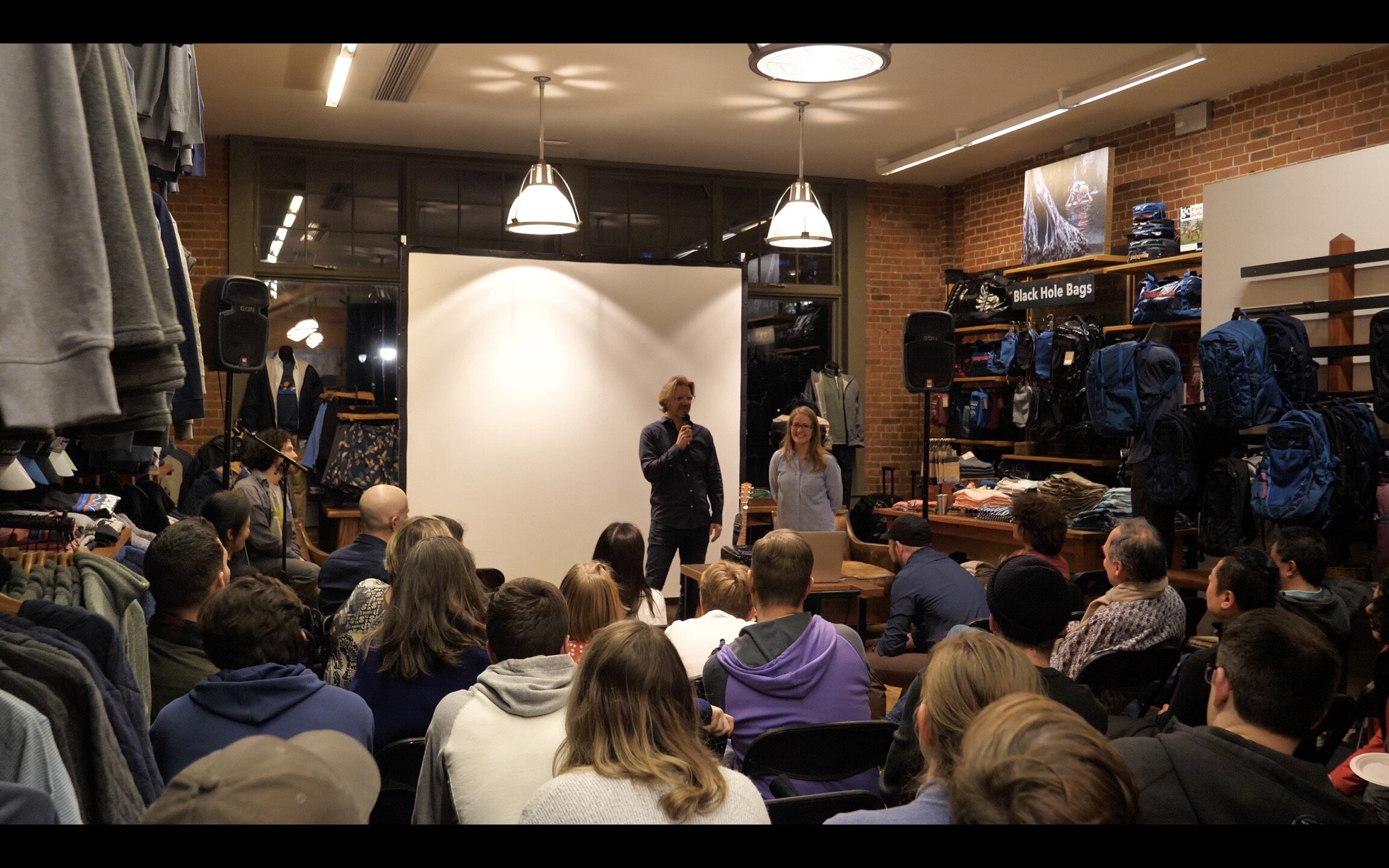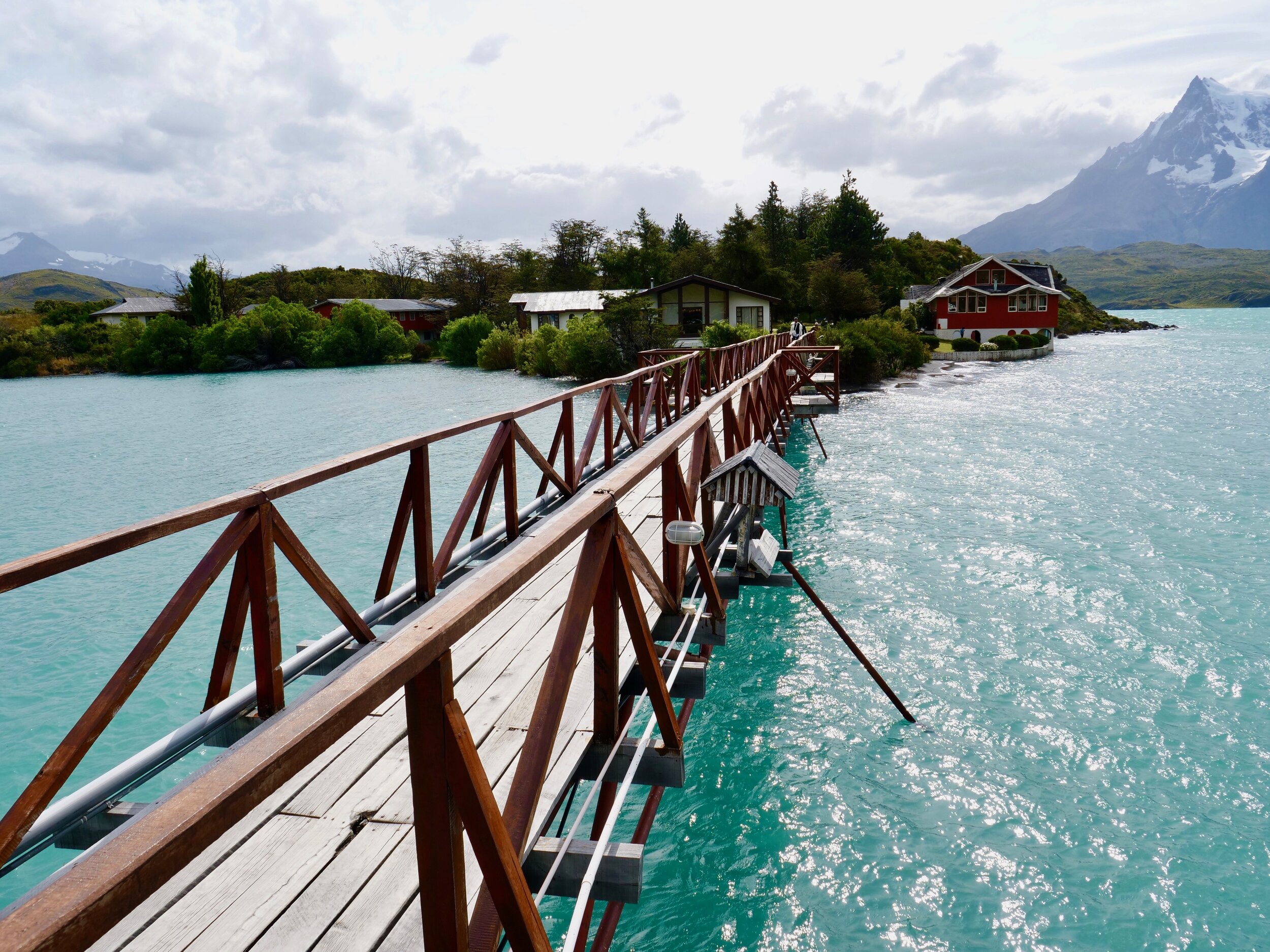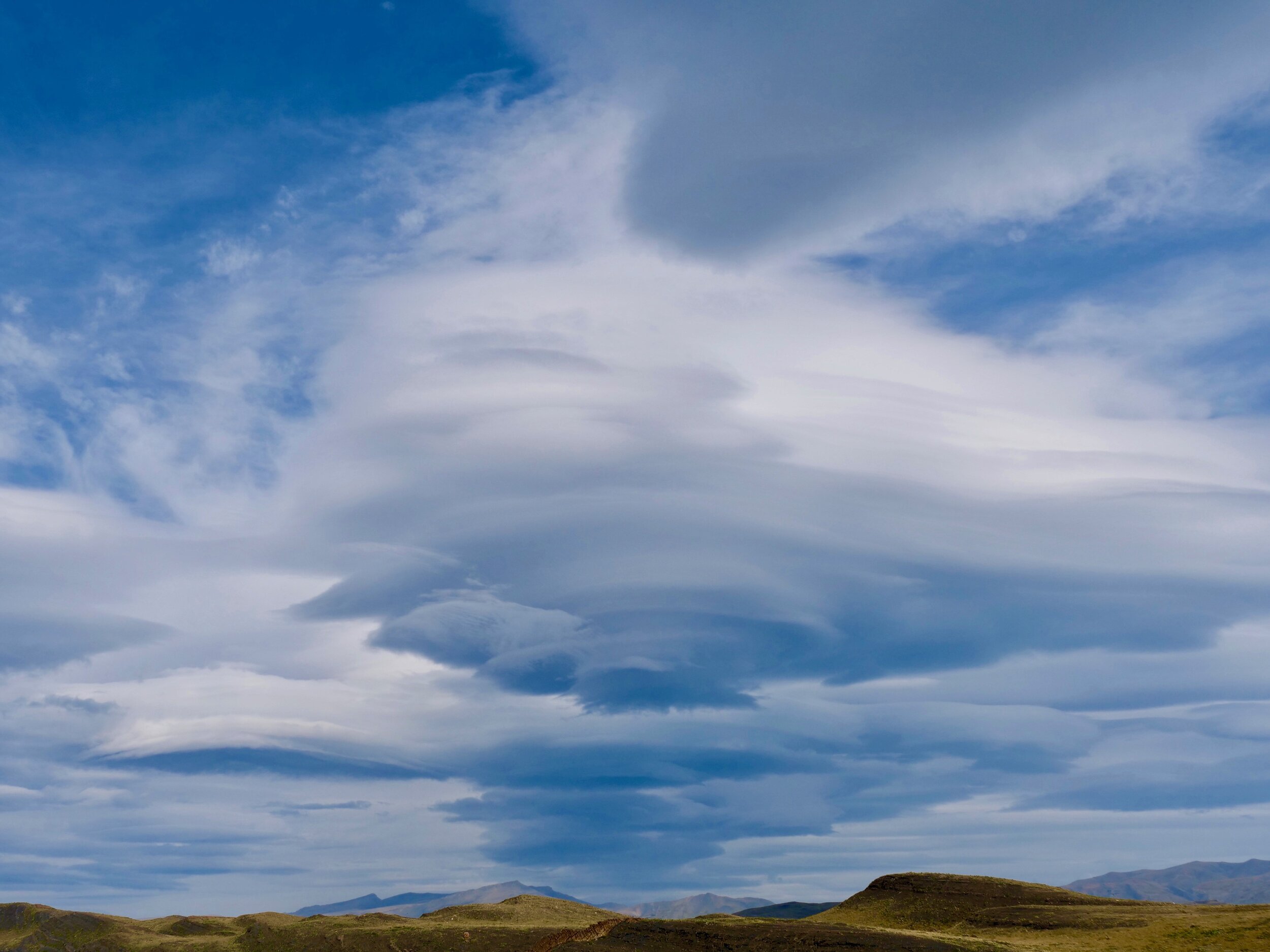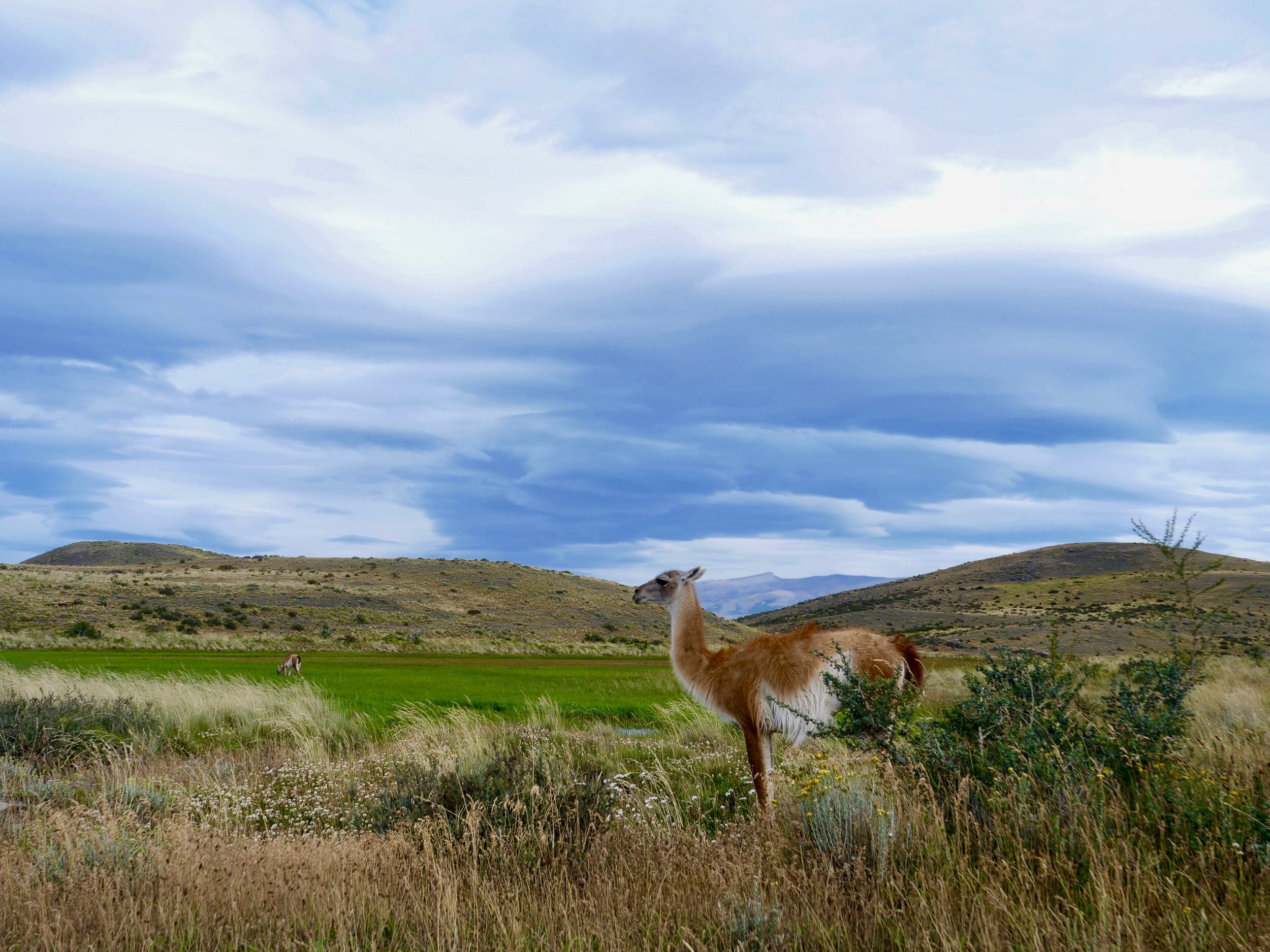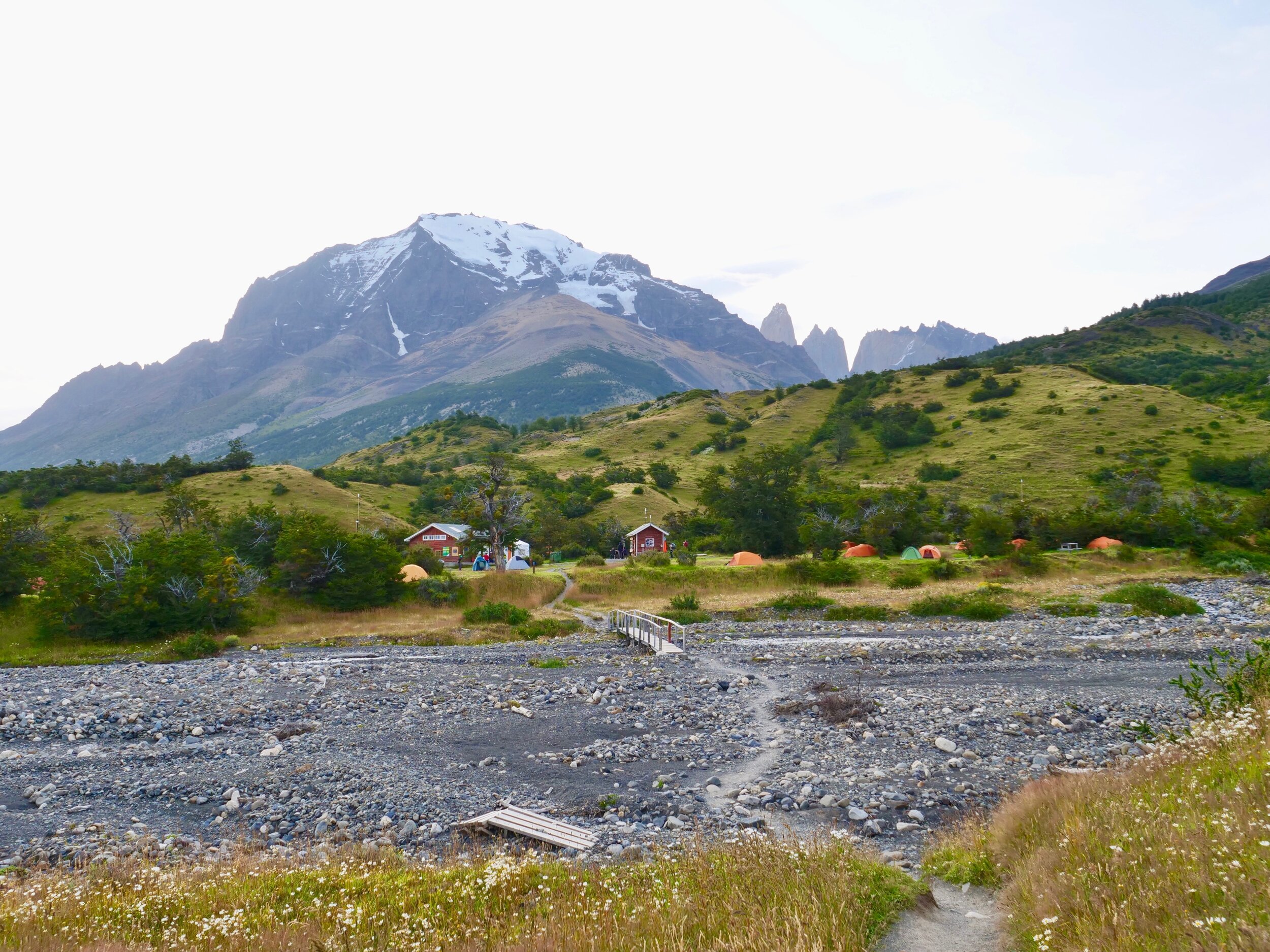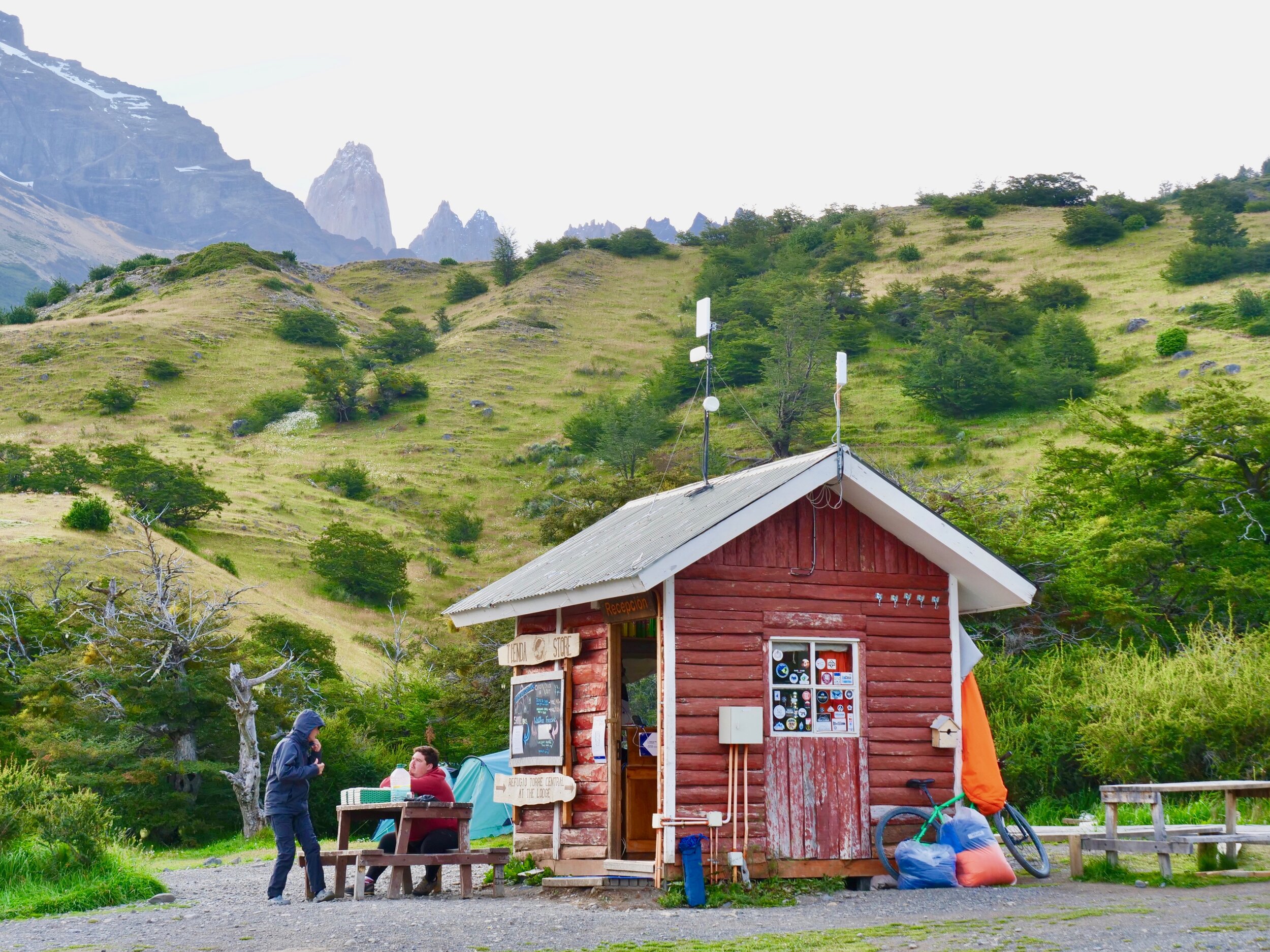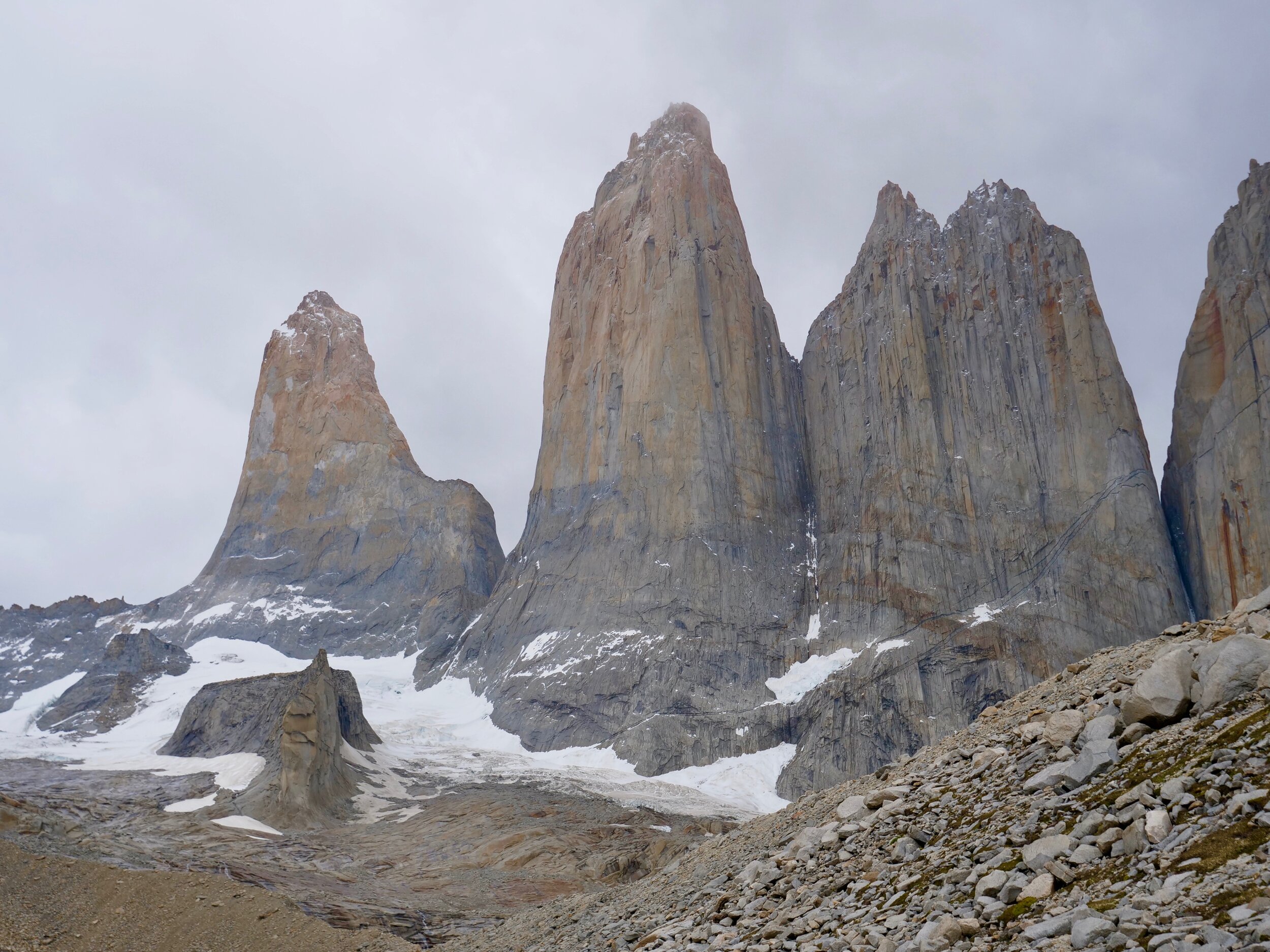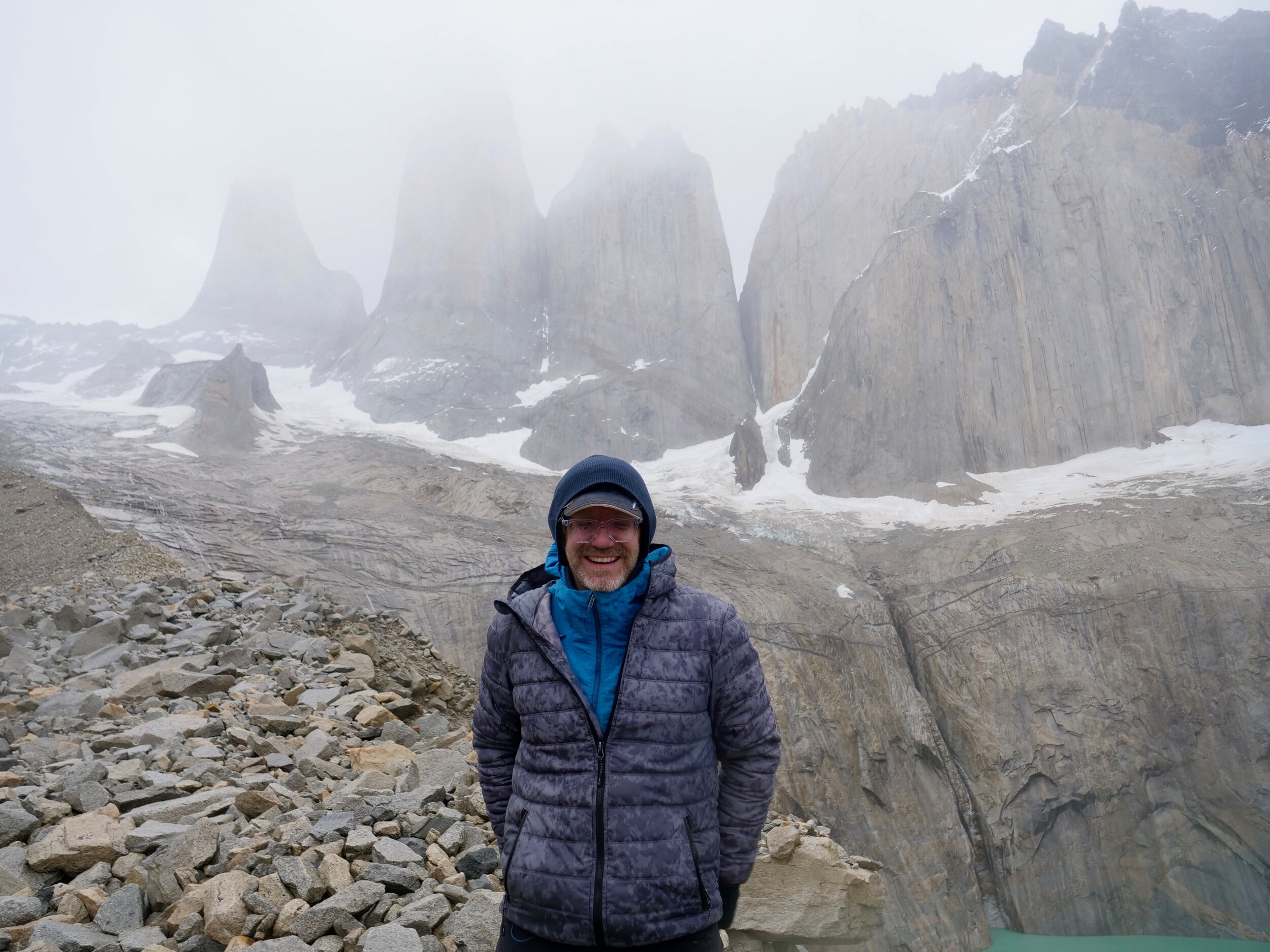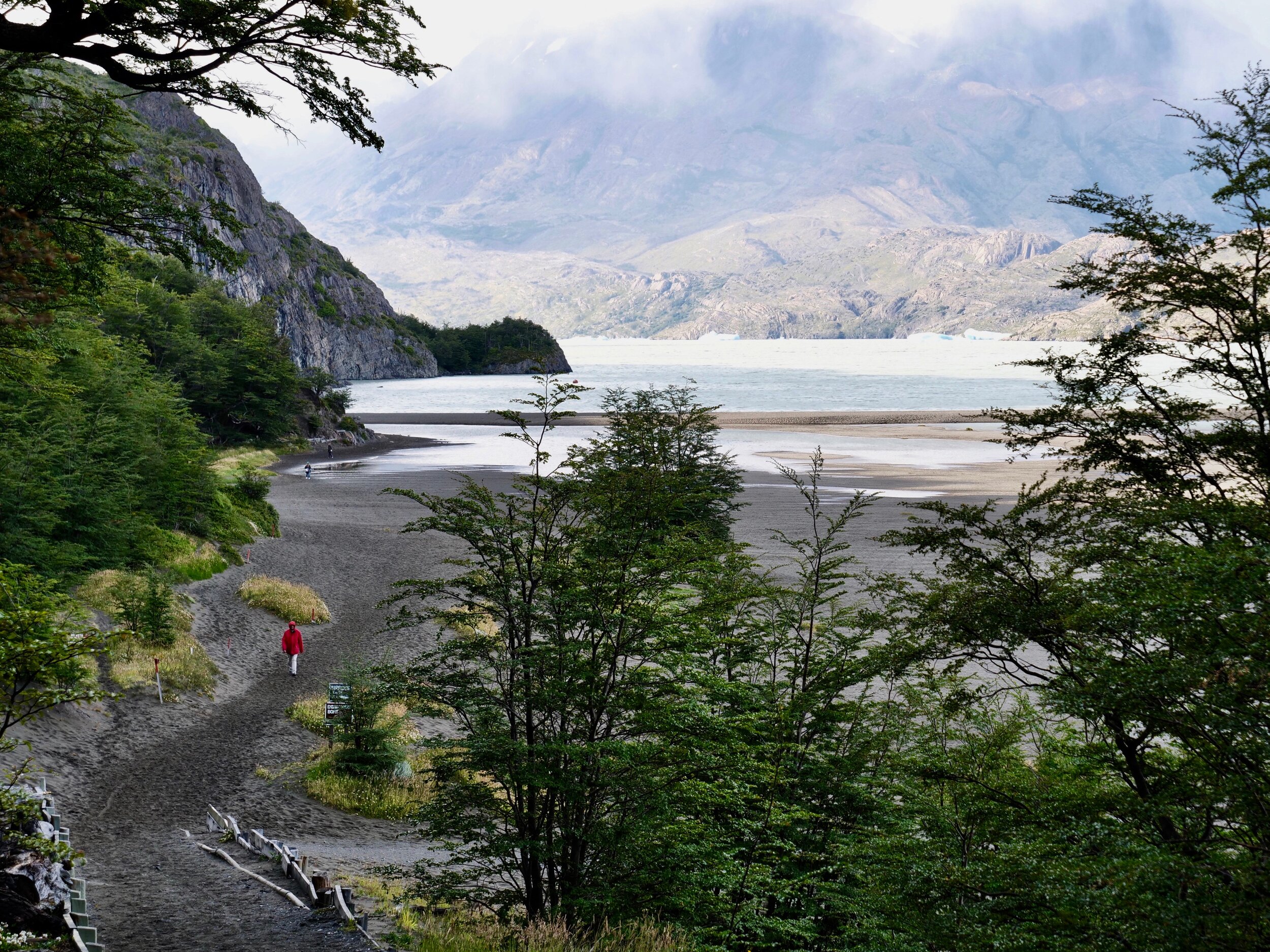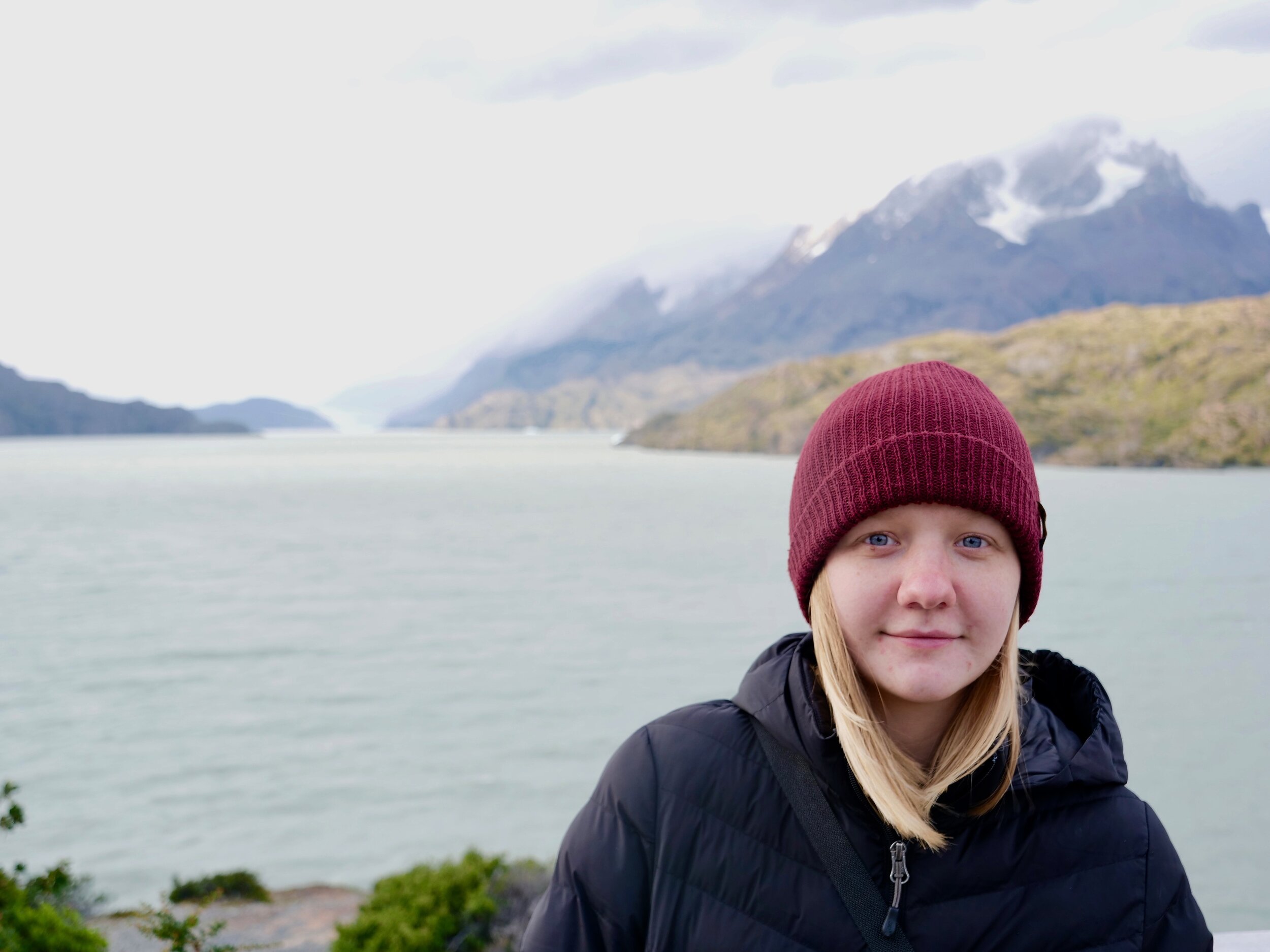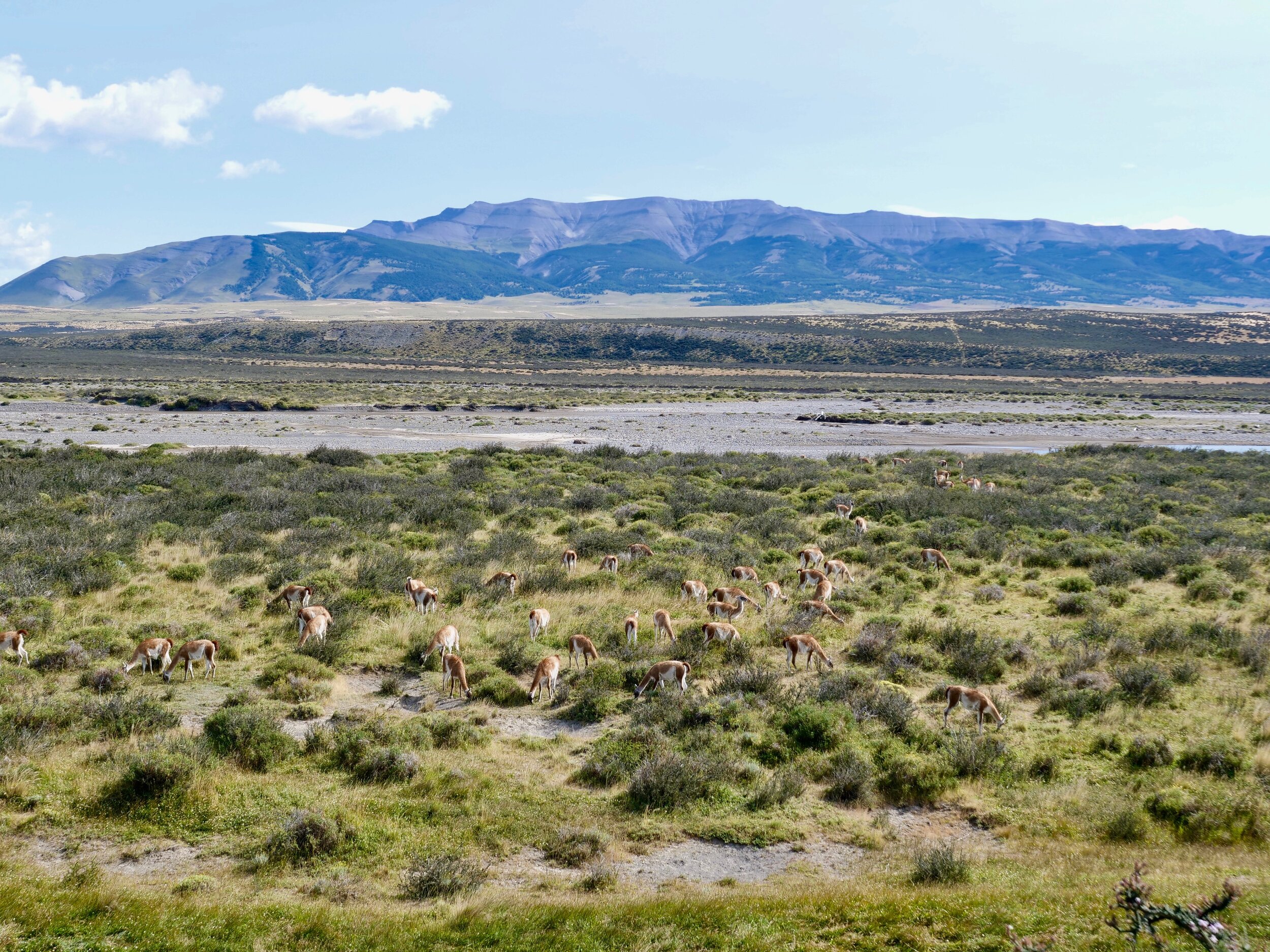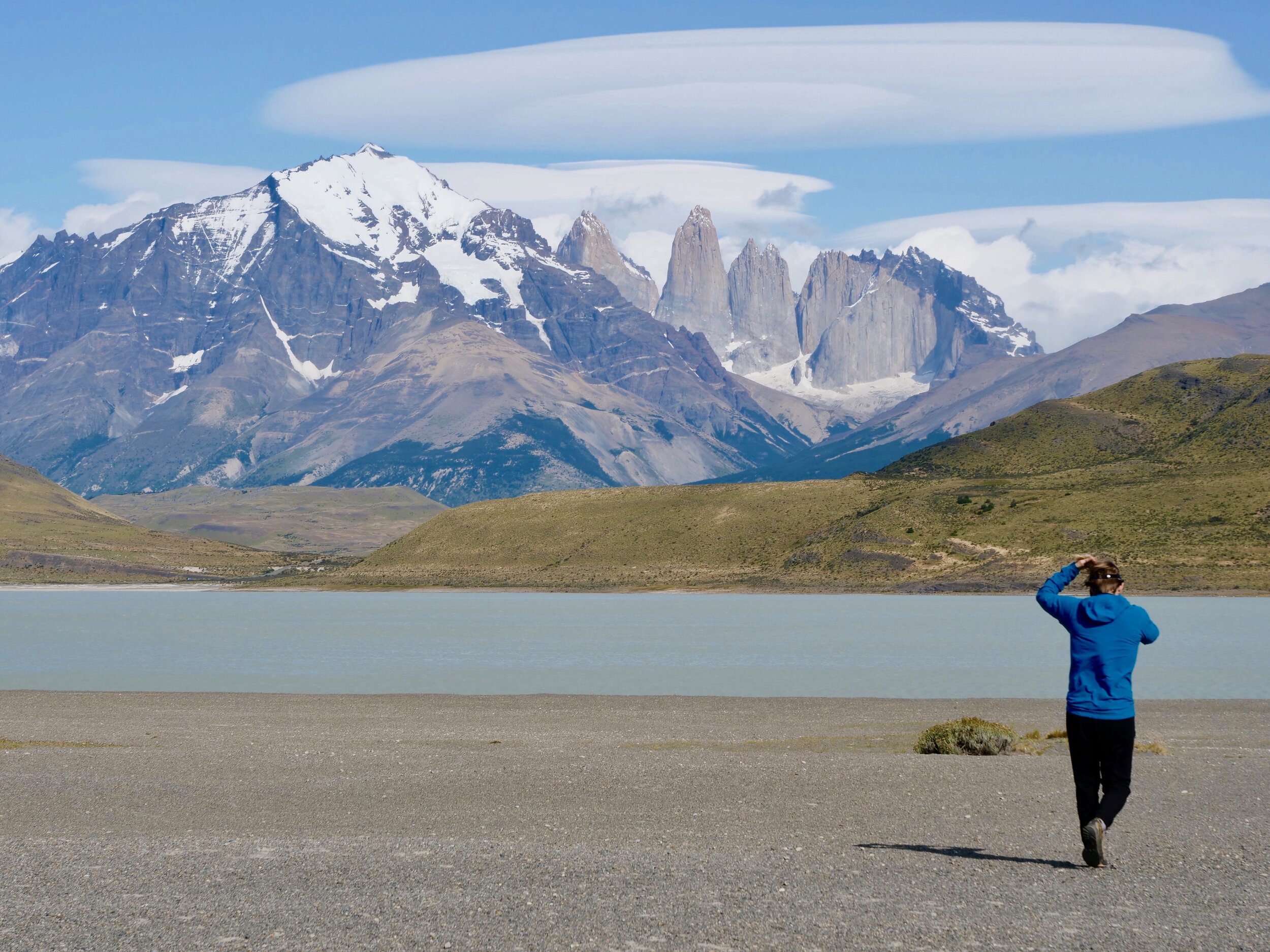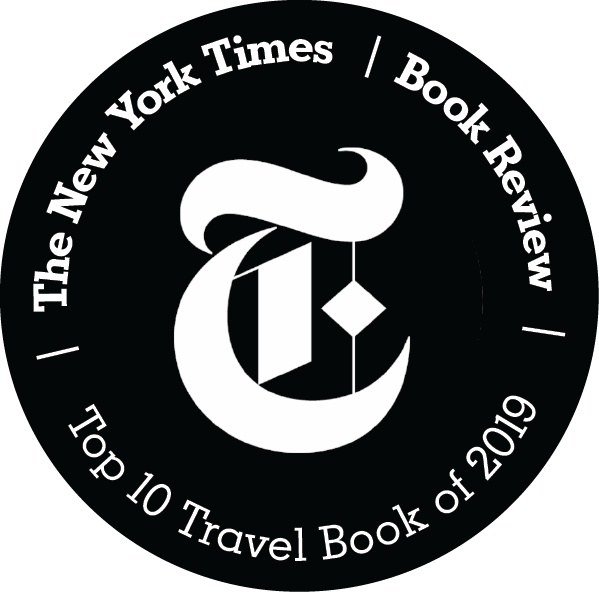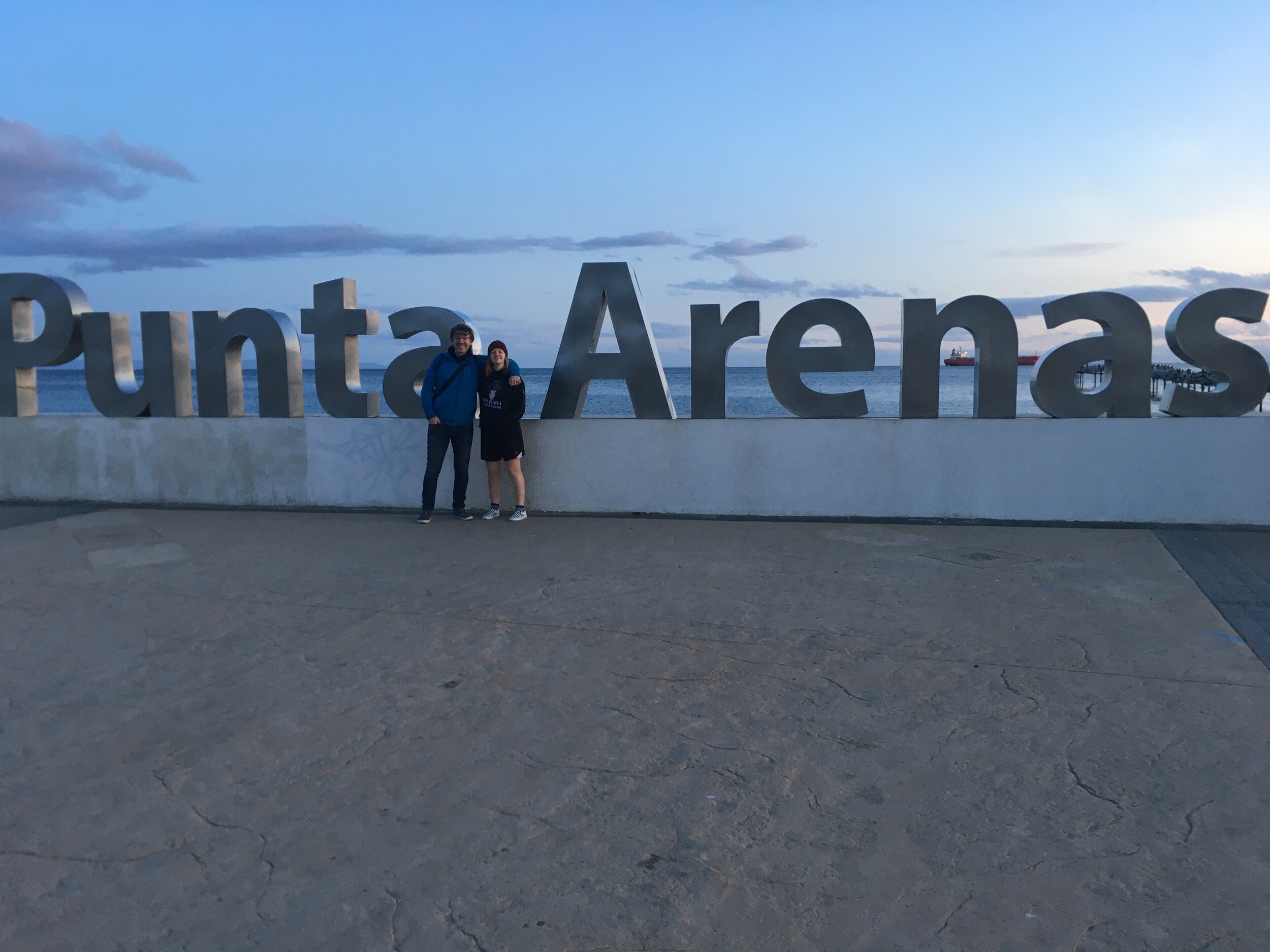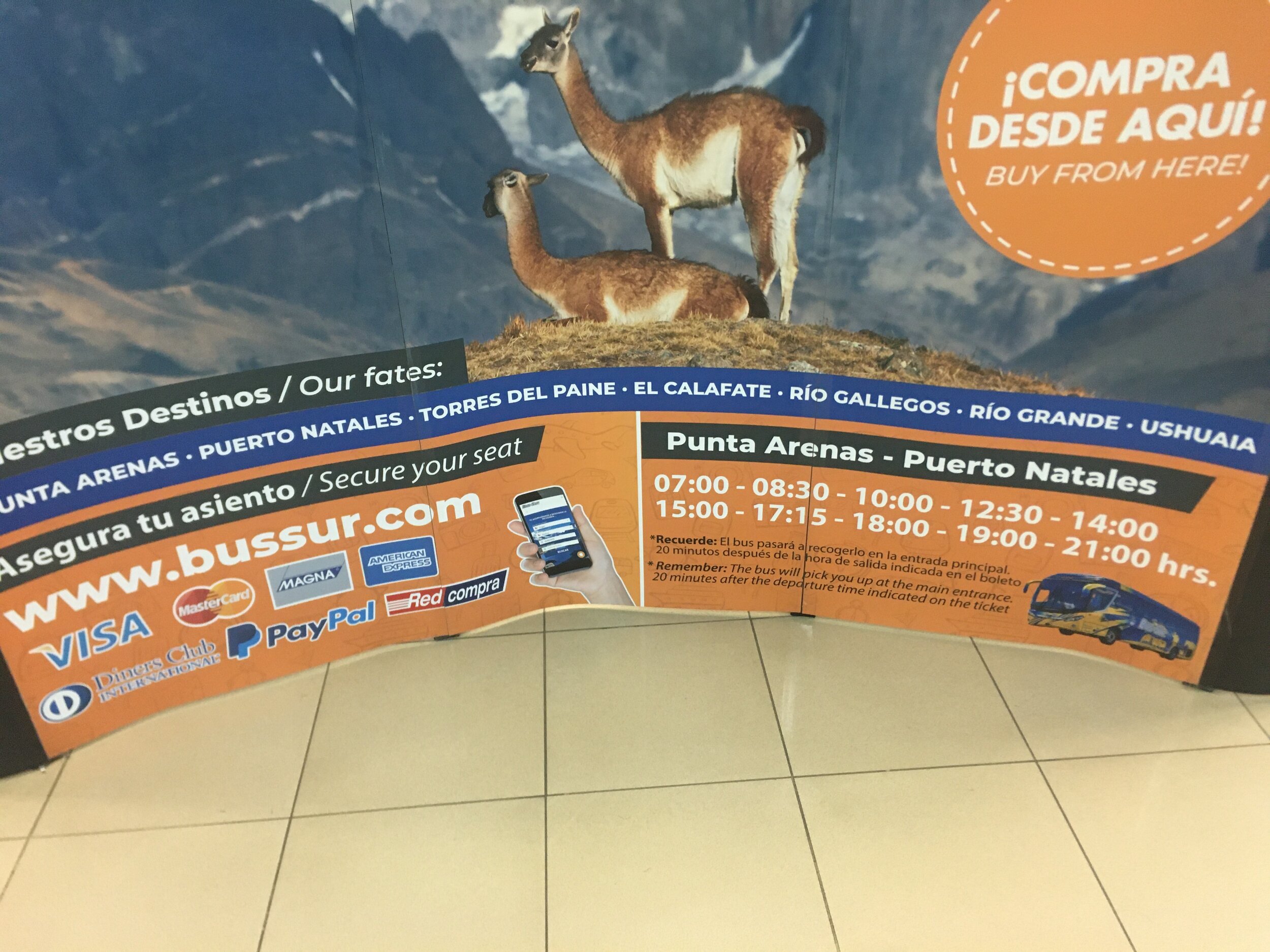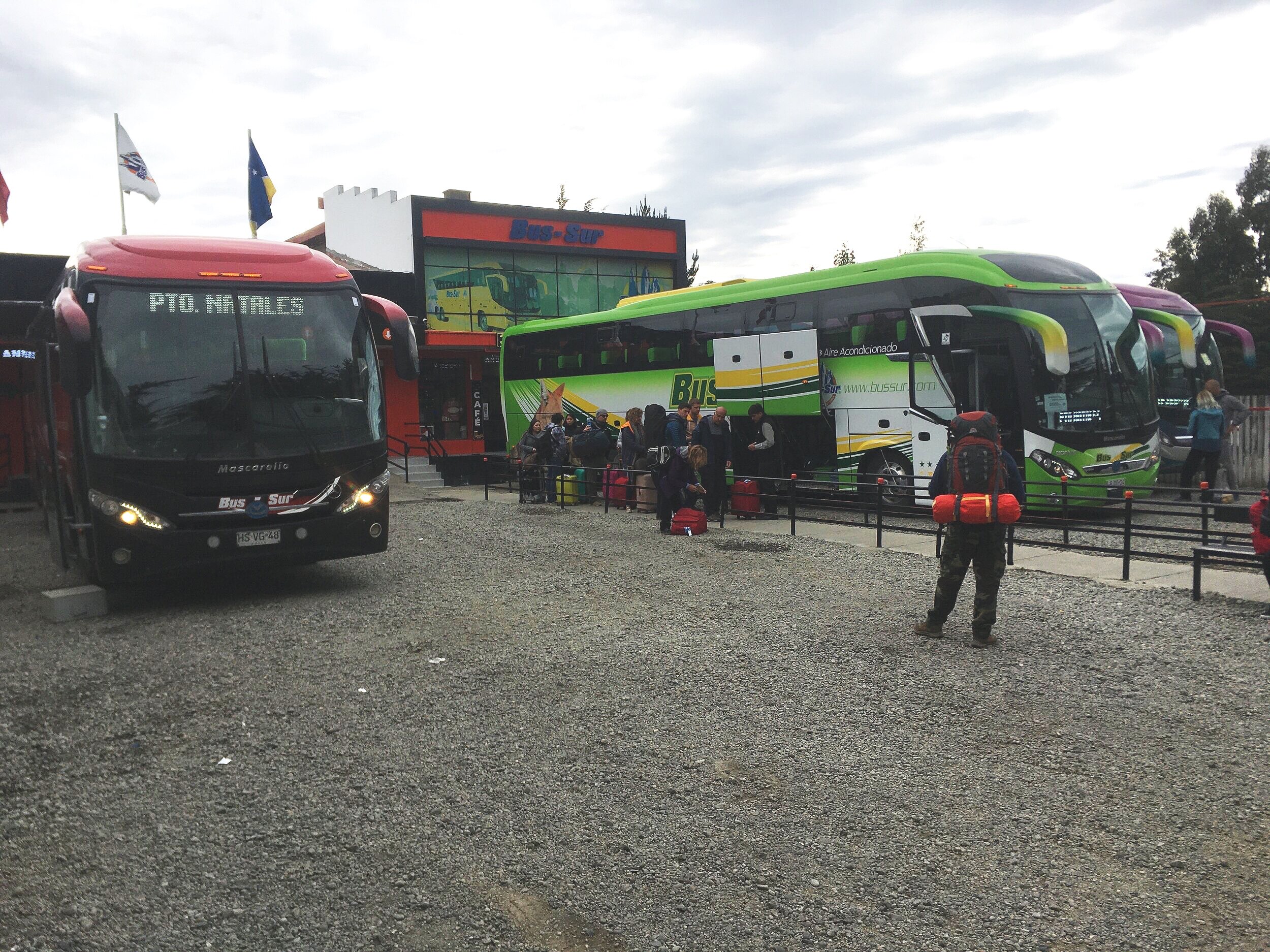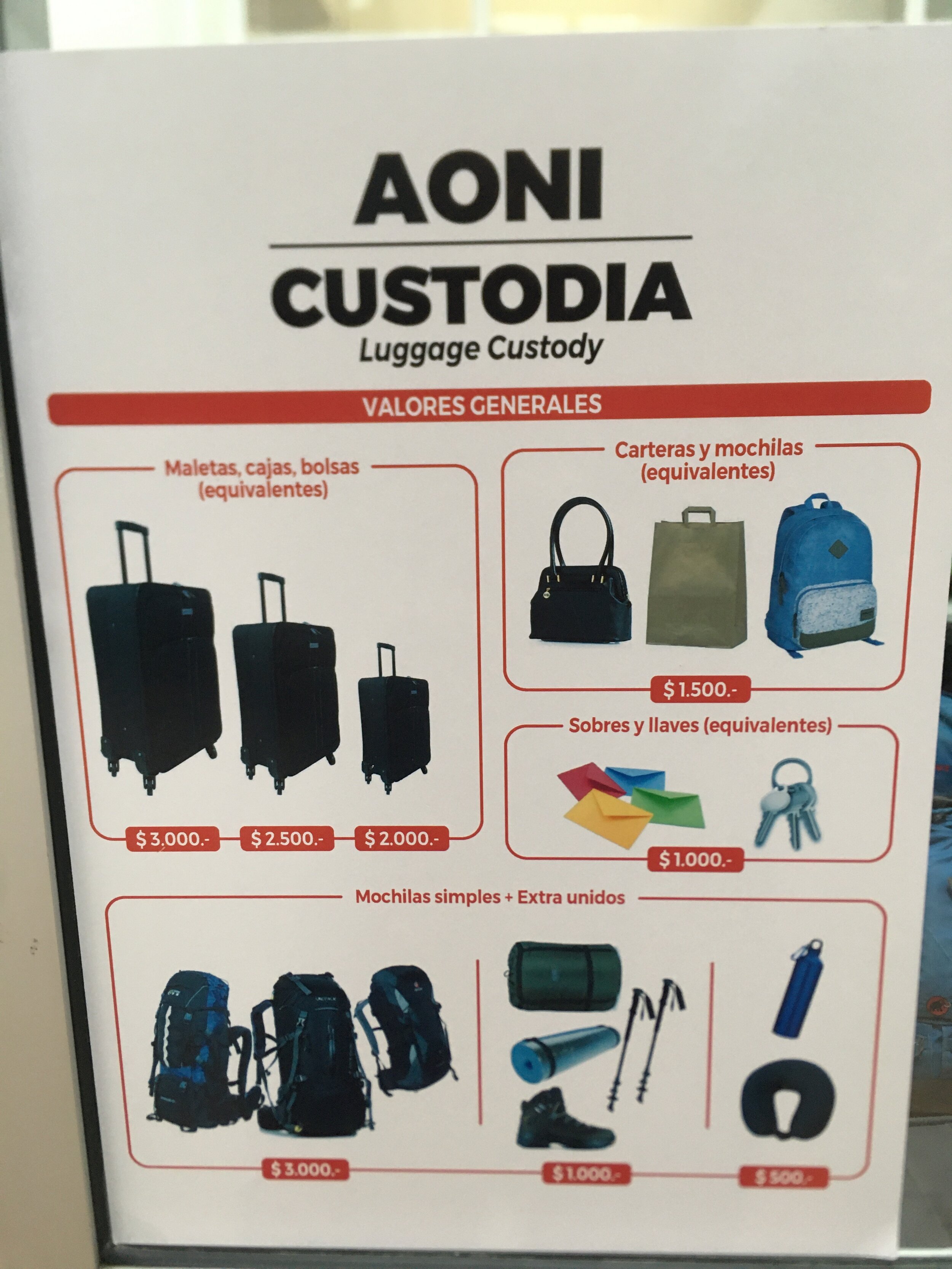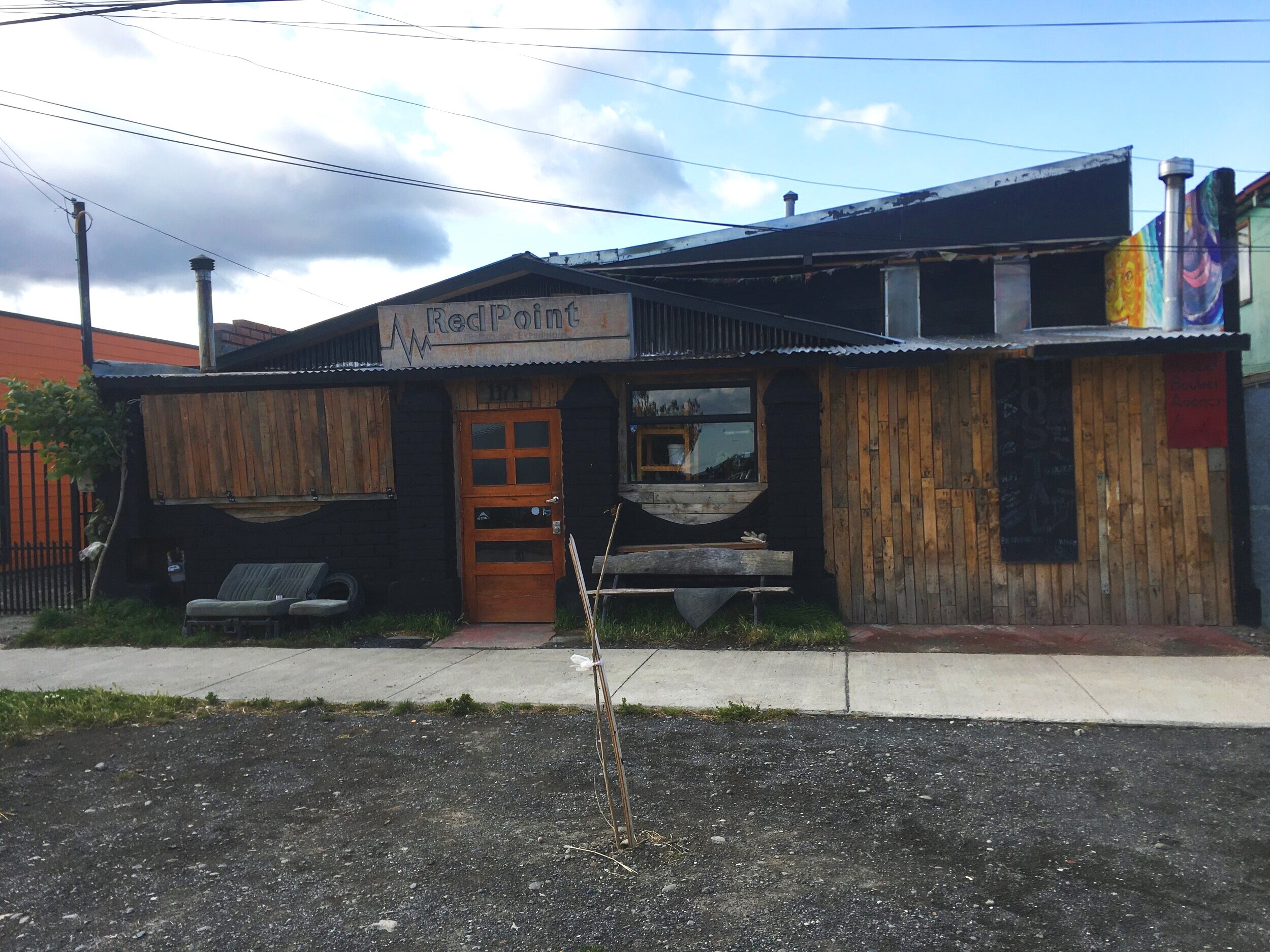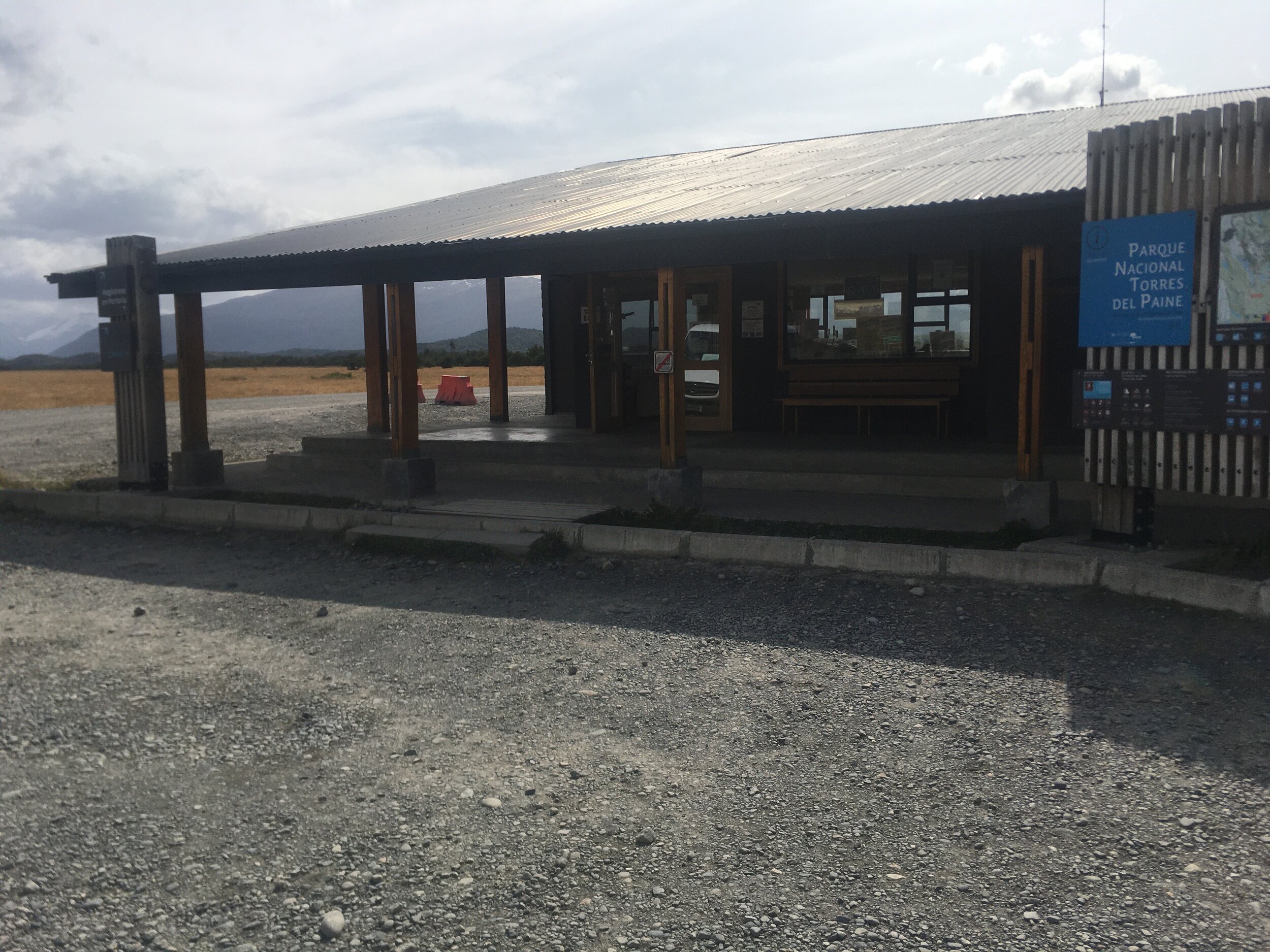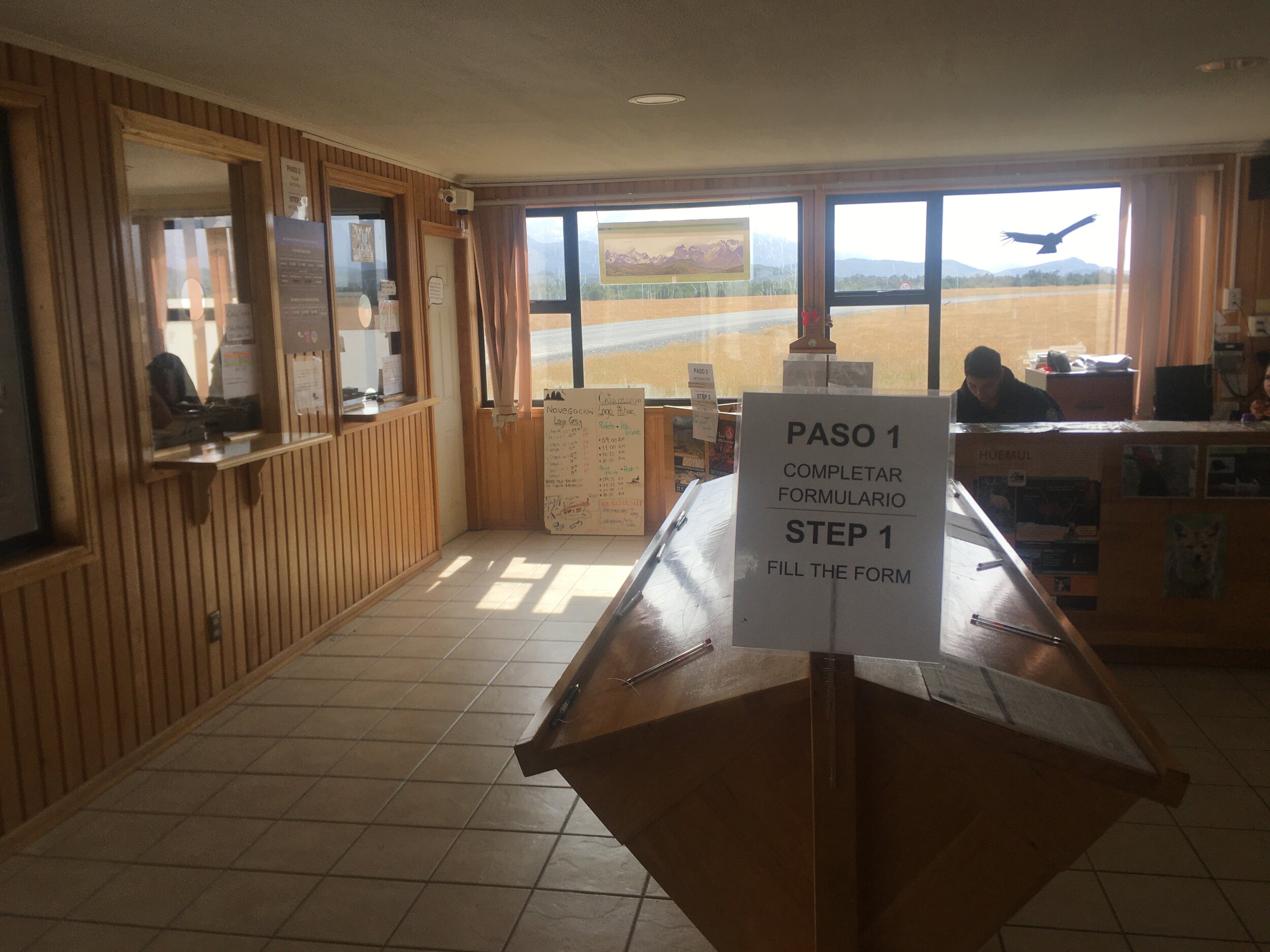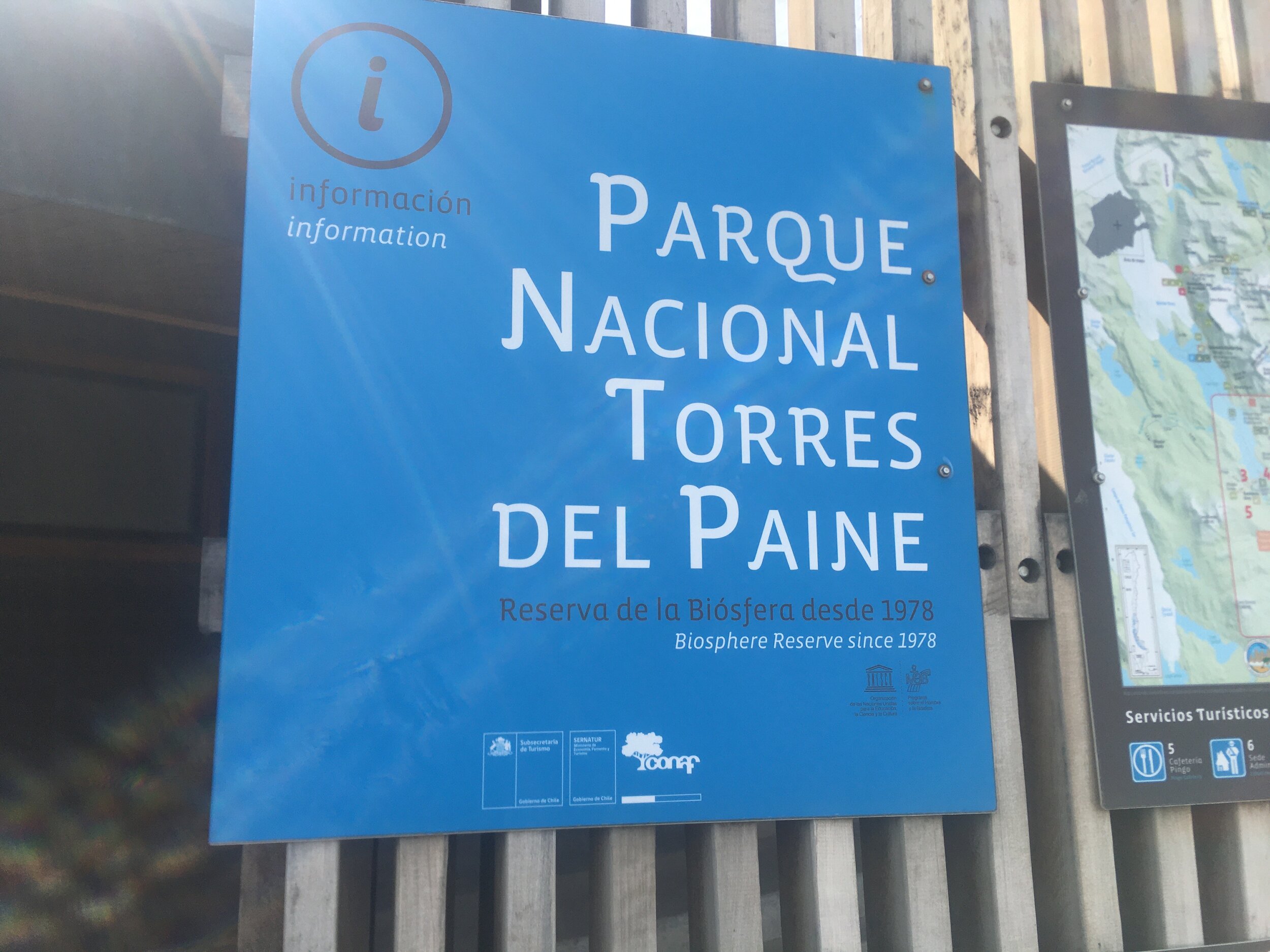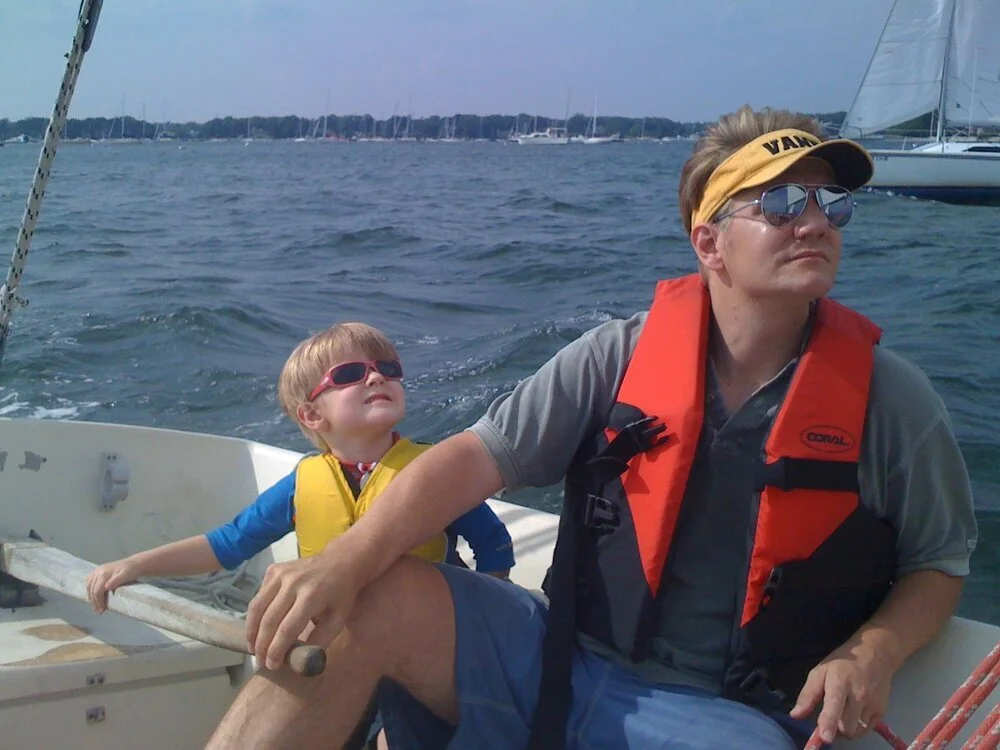What You're Teaching Your Kids Without Even Realizing It
/by ERIK ORTON
Children are always learning. When I say always, I mean always. They aren’t learning only when they’re in school, or when there’s a good teacher or any teacher for that matter. They’re learning no matter what, all the time. We all do, without even thinking. As we head into this coming school year with more parents spending more time with their children than ever, it’s crucial to know what we’re teaching our kids without even realizing.
As parents and adults, we model what is possible and how to approach it. So what are we teaching children about being adults? What are we conveying to them, whether we realize it or not?
Julie Bogart, in her book, The Brave Learner says, “Children know the day will come when it’s up to them to live alone and pay the bills. What they also know is that their independence can mean all kinds of delicious opportunities for adventure. Or not. You’re their chief role model for adulthood. When they look at you, what do they see? Do they see an adult who makes adulthood look awesome? Or do they see adulthood as a painful sacrifice filled with endless responsibilities and little pleasure?
“Because our kids are with us all the time,” especially now during covid, “how we live our adult lives is even more critical to how they envision their futures. Do you relish your adult life? Or is it on hold until your kids are grown? Are you stretching yourself to have new experiences, learning for its own sake, talking about books and movies, exploring new places without your kids? If you have a paying job, do you share about it with pride or complain about it as tedious and stressful? Some kids resist growing up simply because adulthood on display holds no magic for them—only weary responsibility...
“One important part of parenting, then, needs to be your ongoing self-education that maximizes the opportunities and privileges of being an adult. Make adulthood look awesome and watch your children aspire to great things. In fact, your strongest gift to your teens is taking real pleasure in your skills, talents and opportunities, not theirs.”
What if the best thing for our children is for us to become our best selves? What if doing that—in front of them where they can see it—gives them the courage and the perspective to live their best life? What if pursuing what we’re excited about, curious about or interested in, is actually the most beneficial thing we can do for our children? Do you want to learn French, play the accordion, create a video game, take a company public, make a movie, sell pastries, visit the Taj Mahal, grow your own vegetables? Whatever interests you, pursuing it in front of your kids is the best way to teach them how to create a vibrant, illuminating, fulfilling life as an adult.
I studied music in college. I wrote musicals and so we moved to New York City. I worked away in my bedroom/office where we kept our piano. Because we lived in a small apartment, I created my music in the silence of my headphones. My kids almost never saw or heard what I did.
One day I deliberately decided to move the piano into the living room. It would be harder to get my work done, but my kids would see what I was doing. They would witness the process. I moved my operation into the living room and kept doing what I was doing. I didn’t try to recruit them in any way. I just did my work in front of them.
My kids grew up writing their own songs—not for money or fame—but because they saw it happen right in front of them. They saw the many drafts. The false starts. They heard the bad versions and the better ones. They grew up not being afraid of the process.
If we want our children to live vibrant, meaningful, fulfilling lives, what could possibly be the best way to teach them that? What if we—as their parents—lived vibrant, meaningful, fulfilling lives right in front of them?
What if we invested in ourselves and received a double return? What if we engaged in our own growth; enjoying the benefits of that journey (Return 1x) and then saw our children venturing out on their own journeys of discovery and fulfillment (Return 2x) because they saw how it’s done. They were learning effortlessly all the time.
Eli taking the helm.
“Children are great imitators so
give them something great to imitate.”
–Diane Hopkins, Educator
P.S. Want to give your kids something great to imitate? Get yourself the self-paced online course, Dreaming with Discipline. We'll walk with you through the whole 7 part framework from identifying a big dream and muting fear to making your dream your reality. You can do the course as a family, couple or solo. Early bird pricing through 9/9/2020. Get $100 off with code LAUNCH ($97 vs reg $197). CLICK HERE FOR A FREE PREVIEW.
